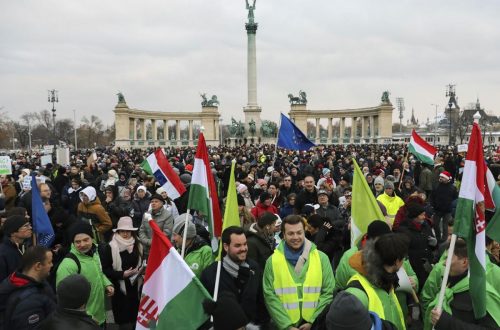This is the key phrase of the piss-poor and defiant statement that Amnesty has put out, reaffirming its relationship with that supporter of violent jihad, Moazzam Begg.
Here are two of the most important paragraphs from Amnesty’s defence:
In this complex and polarised world we at Amnesty International face the challenge of communicating clearly the scope of our work with individuals and groups. Amnesty International champions and continues to champion Moazzam Begg’s rights as a former detainee at Guantánamo. He speaks about his own views and experiences, not Amnesty International’s. And Moazzam Begg has never used a platform he shared with Amnesty to speak against the rights of others.
In other words, Amnesty has now started to get to grips with Begg’s politics. They realise that this is a problem.
And the best that they can say is that he hasn’t promoted the more, ahem, problematic components of his politics from an Amnesty platform.
Perhaps he hasn’t. I don’t think I’ve ever seen a Cageprisoners spokesman calling for violent jihad against Britain and in support of the Taliban from an Amnesty platform. They normally save message for University ISOCs and Hizb ut Tahrir platforms, after all.
So, looking forward to seeing Nick Griffin on the Amnesty International Free Speech Tour – just as soon as he promises not to preach race hate while standing under the Amnesty banner!
Amnesty International has a long history of demanding justice – in the case of our Counter Terror with Justice Campaign we called for both an end to human rights abuses at Guantánamo and other locations, and called for those detained there to be brought to justice, in fair trials that respected due process.
However, our work for justice and human rights spans a far wider range of issues than counter-terrorism and security. Amnesty International has done considerable research on the Taleban and campaigns to stop violence against women and to promote women’s equality. We continue to take a strong line against abuses by religiously-based insurgent groups and/or governments imposing religious strictures, Islamic or otherwise, in violation of human rights law. Sometimes the people whose rights we defend may not share each others views – but they all have human rights, and all human rights are worth defending.
Yes indeed.
Moazzam Begg should have had access to a court at the earliest opportunity in order to determine the propriety of his detention.
However, as Gita Sahgal has pointed out:
As a former Guantanamo detainee it was legitimate to hear his experiences, but as a supporter of the Taliban it was absolutely wrong to legitimise him as a partner.
In touring Begg around the world, as Amnesty has done, it crossed the line: from defending the man’s human rights, to promoting the man itself.


